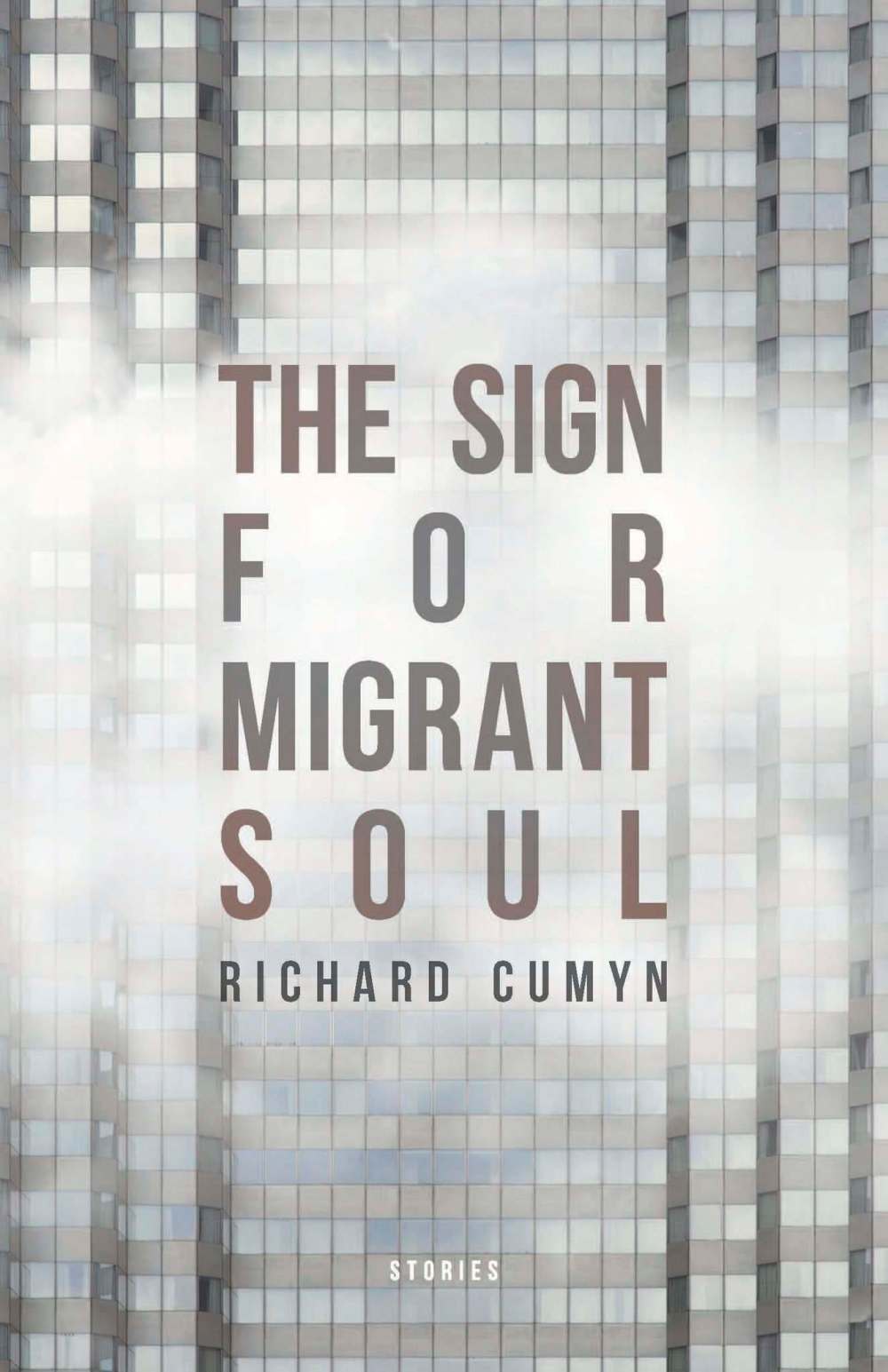Desperation rampant in Cumyn’s stories
Advertisement
Read this article for free:
or
Already have an account? Log in here »
To continue reading, please subscribe:
Monthly Digital Subscription
$1 per week for 24 weeks*
- Enjoy unlimited reading on winnipegfreepress.com
- Read the E-Edition, our digital replica newspaper
- Access News Break, our award-winning app
- Play interactive puzzles
*Billed as $4.00 plus GST every four weeks. After 24 weeks, price increases to the regular rate of $19.00 plus GST every four weeks. Offer available to new and qualified returning subscribers only. Cancel any time.
Monthly Digital Subscription
$4.75/week*
- Enjoy unlimited reading on winnipegfreepress.com
- Read the E-Edition, our digital replica newspaper
- Access News Break, our award-winning app
- Play interactive puzzles
*Billed as $19 plus GST every four weeks. Cancel any time.
To continue reading, please subscribe:
Add Free Press access to your Brandon Sun subscription for only an additional
$1 for the first 4 weeks*
*Your next subscription payment will increase by $1.00 and you will be charged $16.99 plus GST for four weeks. After four weeks, your payment will increase to $23.99 plus GST every four weeks.
Read unlimited articles for free today:
or
Already have an account? Log in here »
Hey there, time traveller!
This article was published 09/06/2018 (2685 days ago), so information in it may no longer be current.
In his new collection of short stories, Kingston, Ont., writer Richard Cumyn provides eminent proof that, as Henry David Thoreau put it, “the mass of men lead lives of quiet desperation.”
Cumyn’s men and women — academics and civil servants, young and old — exist in a suffocating world of middle-class angst no worse than anyone else’s, but illuminated by crisis to a realization of life’s cruel fragility.
Even at his best, Cumyn can be slightly heavy-handed — less would do more, although this speaks to his unending talent for strong characterization. His dialogue sometimes nears (if not crosses into) cliché, but the inevitable surprise flourishes in these stories forgives most prose sins.

Cumyn’s wry, woeful, sense of humour guides the reader through to an insight of one’s own life and world. He is, to his credit, the most even-handed of artists, leaving the reader, if one wishes, to make judgments.
The title story leisurely explores the life of Colin, a content, married professor, as he handles problems in his world, most noticeably the decline and death of his stepfather. Colin copes (though he probably doesn’t realize it is coping) through observation of strangers — in a restaurant or hospital, for example — while he creates narratives of their lives.
There are encounters and inter-familial ups and downs as his stepfather moves from home to hospice. Life drains away even as it grows elsewhere.
In dealing with death, Colin and his closest learn that you never know what you are capable of — or not, for that matter. Cumyn’s pliant prose stretches but never breaks the tone, one of aching nostalgia for the undefined in all our lives. It’s one of the inevitable surprises he skilfully layers into the best of these stories.
In The Household Gods, Kathryn, a young mother, becomes increasingly fascinated with Madeleine, an older neighbour in her apartment building. Rumour has it that Madeleine’s son was taken away years before, owing to her unfitness. Her increasing acceptance by Kathryn leads to her warning that she can’t be trusted.
Kathryn wishes to believe what she sees on the surface, the older woman’s kindness and concern, is all there is to the story. However, Madeleine’s warning bears fruit. It awakens from deep inside Kathryn the possibility for hidden violence and her questioning her commitment to her children. She may stay or abandon her life, but for now she must carry on before as she believes “the household gods roused to tell her what she should do.”
Several other stories skewer contemporary thinking about our ability to control the world, which is haphazard by nature. In Whatever Gods May Be, a self-described politically correct old leftist comes up against the most random of accidents and his own body’s breakdown as he realizes he is not the master of his fate as he thought.
Spears and Arrows uses a three-part monologue structure to show how people with good intentions can be drawn into the lives of others they know after a girl goes missing.
In one part of the monologue, her reluctant teacher becomes involved with the girl’s mother; in another strand, her father’s working-class student gets caught up in matters. The third narrative part is mysterious, but may be the girl’s abductor. These monologues powerfully indicate that Cumyn might try his hand at dramatic writing.
All the stories, even the few weaker ones, show Cumyn does what an artist does best: charting what lies underneath our daily lives and surprising us with what we might find there.
Rory Runnells is a Winnipeg writer.


